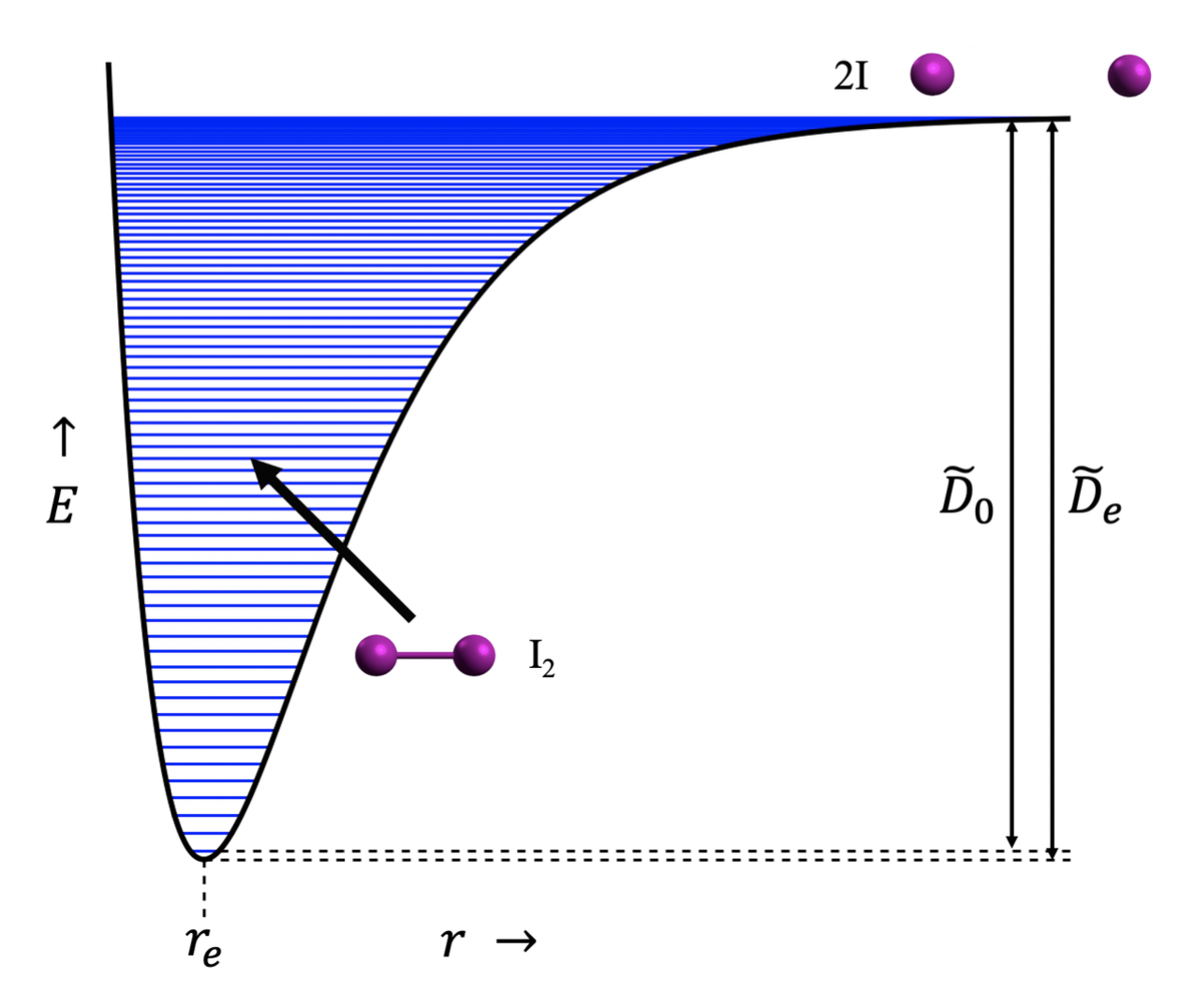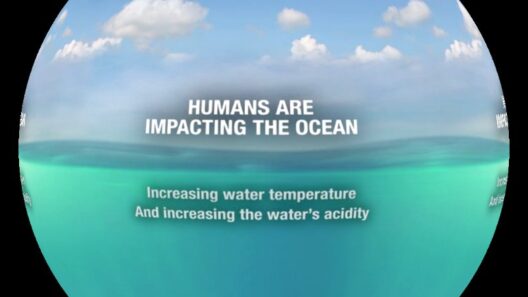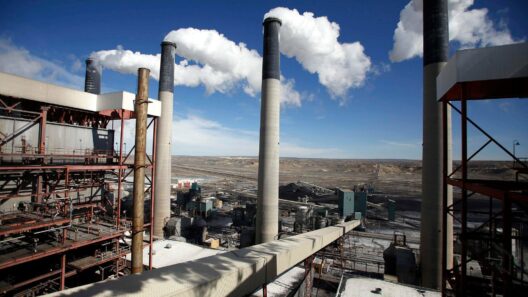The discourse surrounding climate change has become a focal point in contemporary politics, particularly in the United States. Among the many figures embroiled in this contentious debate, Senator Ted Cruz from Texas stands out. His public statements and political actions have garnered significant attention, prompting an inquiry into his beliefs regarding global warming. In essence, does Cruz genuinely endorse the scientific consensus on climate change, or does he exhibit a more skeptical stance? Understanding this duality requires a deeper examination of not only Cruz’s rhetoric but also the intricate web of political allegiances and ideological narratives that underpin his position.
At the core of the discourse is Cruz’s long-standing skepticism towards the prevailing scientific perspective on climate change. His assertions often reflect a belief that climate change is exaggerated, if not entirely misconstrued, by its proponents—for instance, he has previously referred to climate change policies as an “apocalyptic” exaggeration. This rhetoric resonates with a substantial segment of the Republican base, which often views climate advocacy through a lens of economic concern and governmental overreach. Cruz’s alignment with these sentiments elucidates a broader ideological framework, characterized by a preference for limited government intervention and a commitment to fossil fuel industries that significantly contribute to carbon emissions.
Moreover, Cruz’s skepticism toward climate science can be attributed to more than mere political expediency. His education and professional background in law do not involve environmental sciences, which raises questions about the basis of his understanding. Instead of engaging with the intricate data and research put forth by climate scientists, Cruz has often opted to focus on anecdotal evidence or highlight purported flaws in climate models. This approach, while appealing to many of his constituents, underscores a refusal to acknowledge the gravity of scientific consensus despite overwhelming evidence from credible institutions.
Another layer to Cruz’s climate politics is his relationship with major fossil fuel industries. Texas, known for its vast oil and natural gas reserves, plays a critical role in Cruz’s political identity. The state’s economic framework is intricately linked to the fossil fuel sector. Thus, any stance taken by Cruz that threatens industry profitability invites political backlash. This interconnectedness leads to a curious paradox; Cruz’s political survival hinges on his ability to appeal to an electorate that largely benefits from fossil fuel exploitation, while also having to navigate the growing public concern about climate change.
In the sphere of public policy, Cruz has been a vocal critic of various initiatives aimed at curbing greenhouse gas emissions. The Paris Agreement and similar international accords have faced severe derision from Cruz, who has argued that such agreements disproportionately harm U.S. economic interests while allowing other major polluters to evade stricter regulations. This critique, while politically resonant, masks a critical question—are economic interests worth the potential catastrophic consequences of unmitigated climate change? Through this lens, Cruz’s political stance reveals a fascinating interplay of economic pragmatism and a reluctance to embrace the full implications of environmental science.
The political theatre surrounding climate change is not merely a matter of scientific debate; it reflects deeper ideological struggles. Cruz’s skepticism aligns him with a broader conservative movement that frequently critiques environmental regulations as impediments to economic growth. This narrative reinforces a perception that prioritizes immediate fiscal concerns over long-term ecological sustainability. Nevertheless, this viewpoint starkly contrasts with the positions held by a burgeoning segment of the electorate that recognizes climate change not just as a distant threat, but as an imminent crisis that demands urgent action.
In the context of the electorate, Cruz seems acutely aware of the polarization surrounding climate issues. As public opinion gradually shifts towards a more pro-environment stance—especially among younger voters—he appears to be leveraging his rejection of climate change as a point of difference. This strategy may well be rooted in the premise that an economically robust America must rely on traditional energy sources, which in turn fuels his image as a defender of Texas’ economic interests against what he characterizes as overzealous environmentalism.
Compounding this complex landscape is the role of misinformation in shaping public attitudes toward climate change. Cruz and many of his allies have championed narratives that cast doubt on scientific findings, mischaracterizing climate science as a topic beset by uncertainty. This tactic exploits a subtle yet potent truth: the intricacies of climate science are often poorly understood by the general populace, making them susceptible to skewed portrayals. By framing climate change as a subject of debate rather than established fact, Cruz aligns himself with a strategy that has proved effective in galvanizing support among skeptics.
In summary, the question of whether Ted Cruz believes in global warming is inextricably linked to broader themes of economic pragmatism and ideological fidelity. His public skepticism, while seemingly based on a rejection of climate science, reflects a calculated political strategy aimed at conserving economic interests that he perceives to be at stake. This approach not only endears him to his electorate but also underscores a troubling tendency to prioritize short-term economic benefits over long-term ecological sustainability. As the climate crisis grows more urgent, the resolution of such ideological dichotomies will be critical in forging a coherent and effective response to one of humanity’s greatest challenges.







